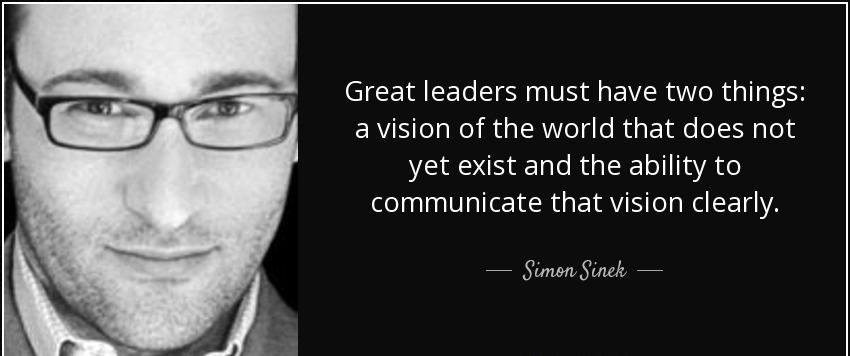
One of the most challenging tasks of leaders is to articulate a vision for the future, communicate how we will get there and then to persuade people to follow. Our current crop of Federal Government leaders are fairly dismal at this task, whether providing a clear vision and goals for Covid vaccinations, or about tackling a longer term issue such as climate change. The latest mantra that Australia should reach zero carbon emissions as soon as possible and preferably by 2050 illustrates the point. It is not a vision that motivates anything, it has no plan for how to achieve the goal and it persuades no-one.
Compare this to King David and his vision to build up the city of Jerusalem including a temple, or house, for God. This was a fairly grand vision that sought to provide a central place for worship as well as uniting the tribes of Israel. (We’ll set aside David’s theology that believed God could be contained to a single place and a single building …). God in turn takes this vision and makes it grander still. God will instead build a house for David, an everlasting kingdom or dynasty to arise from his offspring. This vision sustained Israel for over 400 years until Jerusalem was destroyed by the Babylonians and the last king carted off into exile.
The vision lived on, however, for a new David, a Messiah, to raise up the tribes of Israel once more. Many people wondered if Jesus might be the hoped for Messiah. And Jesus did speak a lot about the kingdom, the kingdom of God, which was his central vision. This was not an earthly kingdom, however, with a king ruling on a throne in Jerusalem, but rather a kingdom that reigned in people’s hearts where they followed God’s ways of justice, compassion, forgiveness and mercy. This vision was simple and memorable and has inspired millions of Jesus’ followers down through the centuries.
Articulating a vision remains an important role for good leaders, but as Christians we already have a compelling and clear vision, given to us by Jesus, which is to build God’s kingdom through our witness, worship and service. It’s a vision that excites, motivates and guides what we do.



